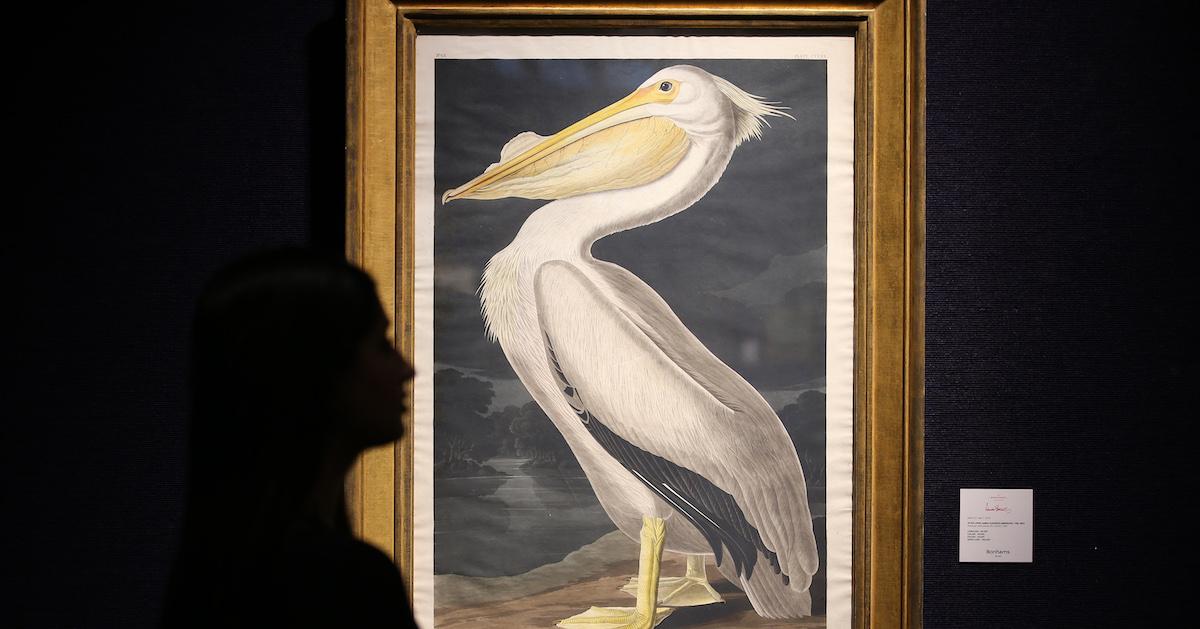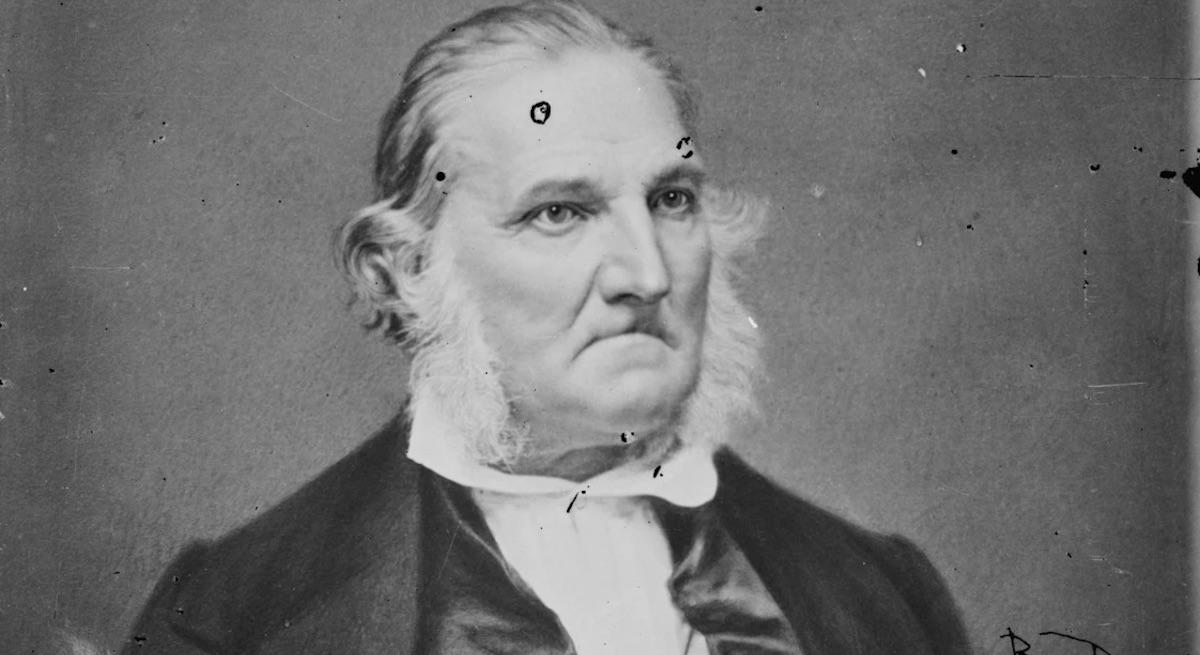The Audubon Society Considered a Name Change, Because of Its Namesake’s Bad Reputation
Published March 16 2023, 11:58 a.m. ET

If you're passionate about nature and conservation, you're probably somewhat familiar with the National Audubon Society (NAS). For over 100 years, the esteemed environmental organization has dedicated its time, effort, and donations towards the preservation of birds and their habitats. And it wasn't until March 2023 that the organization considered undergoing a major rebrand, because of the racist reputation of John Audubon — the National Audubon Society's infamous namesake.
“We are at a pivotal moment as an organization and as a conservation movement. The urgency of our climate and biodiversity crises compels us to marshal our resources toward the areas of greatest impact for birds and people," the CEO of the National Audubon Society, Dr. Elizabeth Gray, stated in a press release after the decision was ultimately made against changing the organization's controversial name.
"This means centering equity, diversity, inclusion, and belonging values into our programmatic work, as well as our internal operations, and implementing our new five-year Strategic Plan," Gray continued.
"Regardless of the name we use, this organization must and will address the inequalities and injustices that have historically existed within the conservation movement. I am confident that, like birds, the Audubon of tomorrow can be a powerful unifier and force for conservation.”

John Audubon: who he was, his racist history, and why the society was named after him.
John Audubon was born in what is now known as Haiti in 1785, per Britannica, to a French slave trader and a Creole woman. During his childhood, which was spent mostly in France, he developed a passion for art and ornithology. And after moving to the U.S. at 18, he started studying birds, and eventually became known for his intricate bird drawings and paintings, which were published in several books until his death at 96 years old.
But Audubon's legacy as an artist and ornithologist was heavily tainted by his unfavorable views.
According to McClung Museum of Natural History and Culture, Audubon was a known white supremacist. He owned countless slaves and even traded a number of slaves. He also continuously spoke out against emancipation, and wrote a short story titled The Runaway, about how he had proudly returning runaway slaves to slaveowners, and stole Mexican soldiers' skulls to contribute to a very racist study.
The Audubon Society ultimately decided on its name about 50 years after Audubon's death. According to The New York Times, the organization decided to overlook his racist history, because of the artist's many detailed bird illustrations, and so-called environmental contributions.
It wasn't until recent years that smaller chapters of the Audubon Society, and eventually the NAS, considered undergoing a name change — though sadly, the NAS didn't move forward in doing so.
The Audubon Society considered changing its name, but ultimately decided to invest in inclusionary efforts.
Over the last few years, smaller chapters of the organization decided to change their names because of Audubon's white supremacy. According to The Washingtonian, the D.C.-area organization changed to Nature Forward in October 2022. Likewise, as per The Art Newspaper, The Seattle Audubon Society voted in favor of changing its name in December 2022, but as of publication, has not decided on a new name yet. The same goes for the Madison Audubon Society in Madison, Wisc.
The National Audubon Society considered rebranding as well, but in March 2023, decided to keep the name. Instead, according to the organization, it decided to spend less time worrying about the name, and to spend more money on diversity and inclusive measures — specifically $25 million to expand Equity, Diversity, Inclusion, and Belonging (EDIB).
While investing in inclusion is impactful, letting Audubon's name live on is not — this ultimately made for a disappointing yet predictable outcome.
